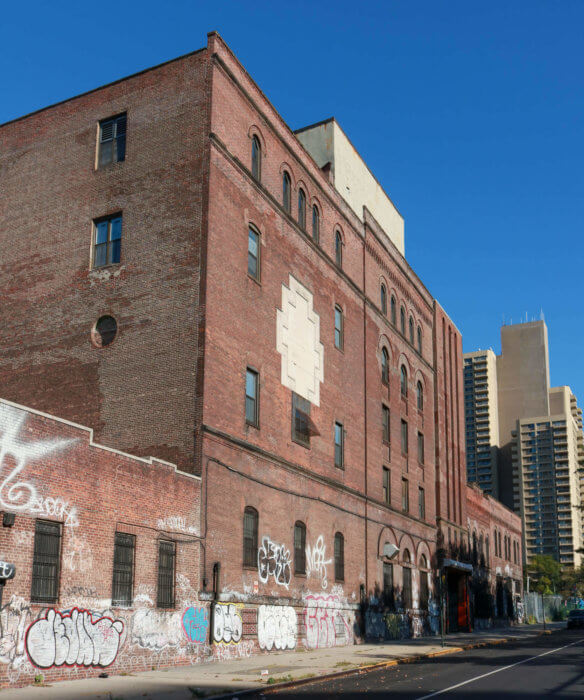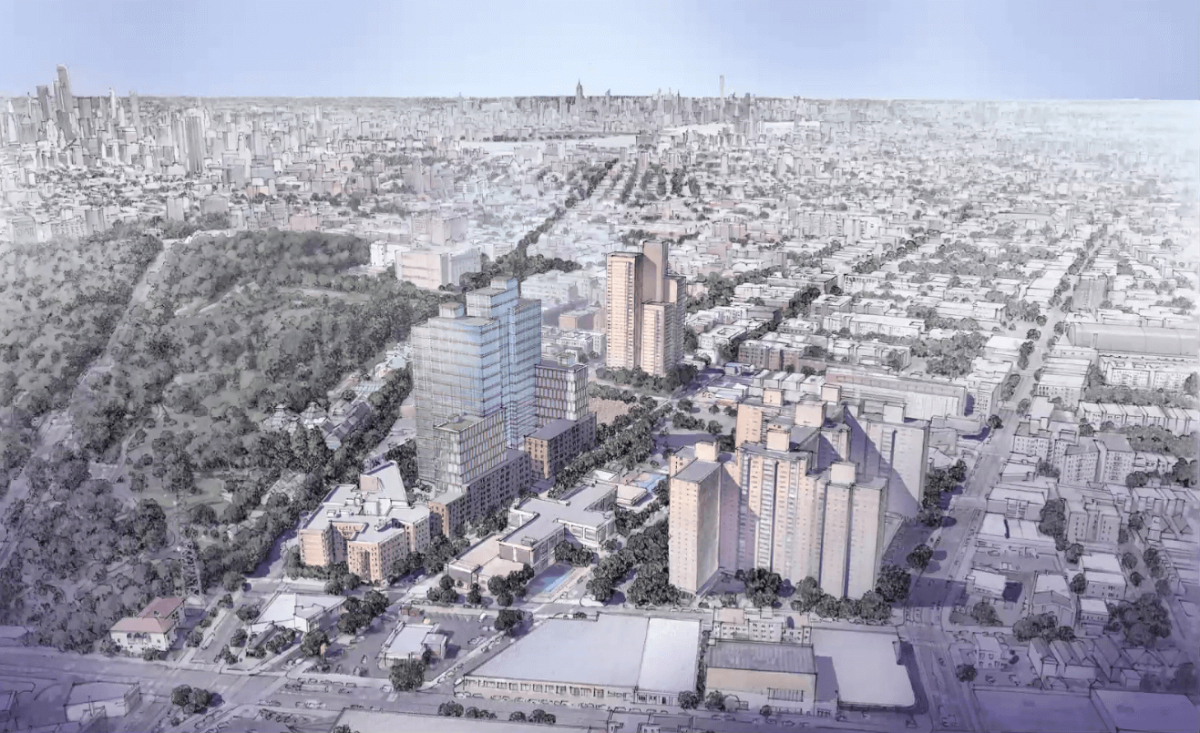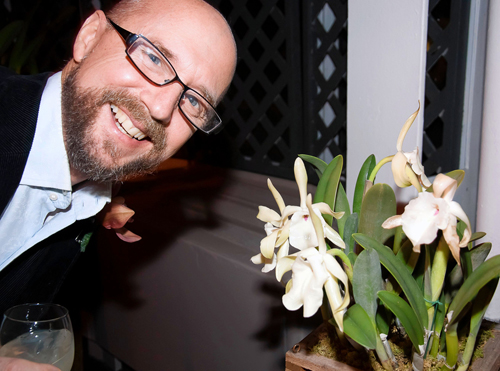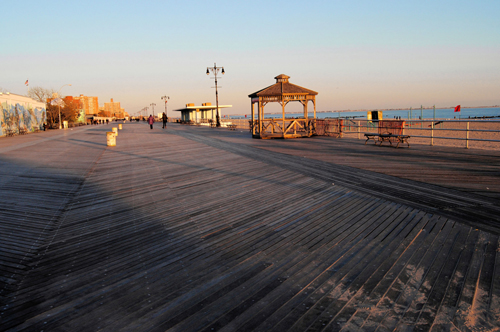A lawsuit has temporarily stalled the land use process for a controversial development that potentially threatens the Brooklyn Botanic Garden, after a borough judge authorized a temporary restraining order on March 2.
Brooklyn Supreme Court Justice Katherine Levine sided with petitioners on Tuesday who argued that the virtual adaptation of the city’s intensive land use review process, known as ULURP, conducted due to the pandemic is exclusionary to those without access to the internet.
“The virtual hearing process is for people who have access to WiFi,” said Alicia Boyd, a plaintiff in the suit. “Our community is a low- to moderate-income community, and there are so many people that I meet that don’t even have email addresses, they don’t have computers, they don’t have WiFi access, so they’re excluded.”
This is the second suit filed against the rezoning of 960 Franklin Ave. in Crown Heights, where plans for a 34-story multi-tower development have been found to pose threats to the nearby Brooklyn Botanic Garden’s grow houses. The first lawsuit, also filed by Boyd, maintained that the Department of City Planning did not give the local community board enough information to prepare for the certification of the ULURP, but was thrown out in December.
The potential effect of the flower emporium led the botanic garden to launch their Fight For Sunlight campaign, saying that rare and endangered orchids, cacti, and bonsai could potentially be killed by the towers.
The new action against the former spice factory follows the same strategy as one filed by neighborhood activists in Gowanus, which has sought to slow the process of the Gowanus rezoning by arguing that the virtual hearing process is exclusionary.
The two cases are before the same supreme court justice, who has in recent hearings expressed concerns over the inclusivity of remote hearings, and encouraged the city to increase access to those meetings in whatever ways possible — although she has not yet ruled that virtual meetings are illegal. Rather, she has simply temporarily halted both land-use changes.
Participation in community meetings has actually increased during the pandemic, thanks to the ease of logging into a Zoom meeting compared to schlepping to an after-work meeting, but the approximately 500,000 households in New York City without access to high-speed internet only have the option to dial-in to virtual meetings.

The issues presented by virtual hearings were on full display during a recent Community Board 9 meeting wherein representatives for Continuum Company, the firm behind the 960 Franklin Ave. development, presented alternate proposals for the site. The Zoom meeting was capped at 100 participants, which filled up almost immediately. The board was able to stream the meeting on Facebook, but those unable to get into the Zoom meeting found themselves unable to participate.
“There were 50,000 people who signed a petition against this, and yet you have a hearing that only lets 100 people in,” said Boyd. “That makes no sense!”
The project’s original proposal calls for a 34-story multi-tower project with 1,578 total rental units, 789 of which would be income-targeted. After blowback from the community and City Hall due to the proximity to the Botanic Garden, the developer last month unveiled an alternate plan, which would allow for a 17-story project with 1,170 total units with only 292 units of income targeted housing. If both rezonings fail, the developer has said they will erect an as-of-right condominium building with 518 units, none of which would be income targeted.
But even the smaller plan was met with resistance from those who could participate in the meeting.
“These monstrous buildings are not in line with the character of this community,” said one of the residents in the chat room that accompanied the meeting. “This is not downtown nor Manhattan!”
A spokesman for the city’s Law Department said they would fight to allow the review process to resume.
“The public must have a voice in land-use decisions,” said Nick Paolucci. “We are challenging this effort to stifle public discussion of this land-use proposal.”
Representatives for Continuum Company did not return requests for comment by press time.























